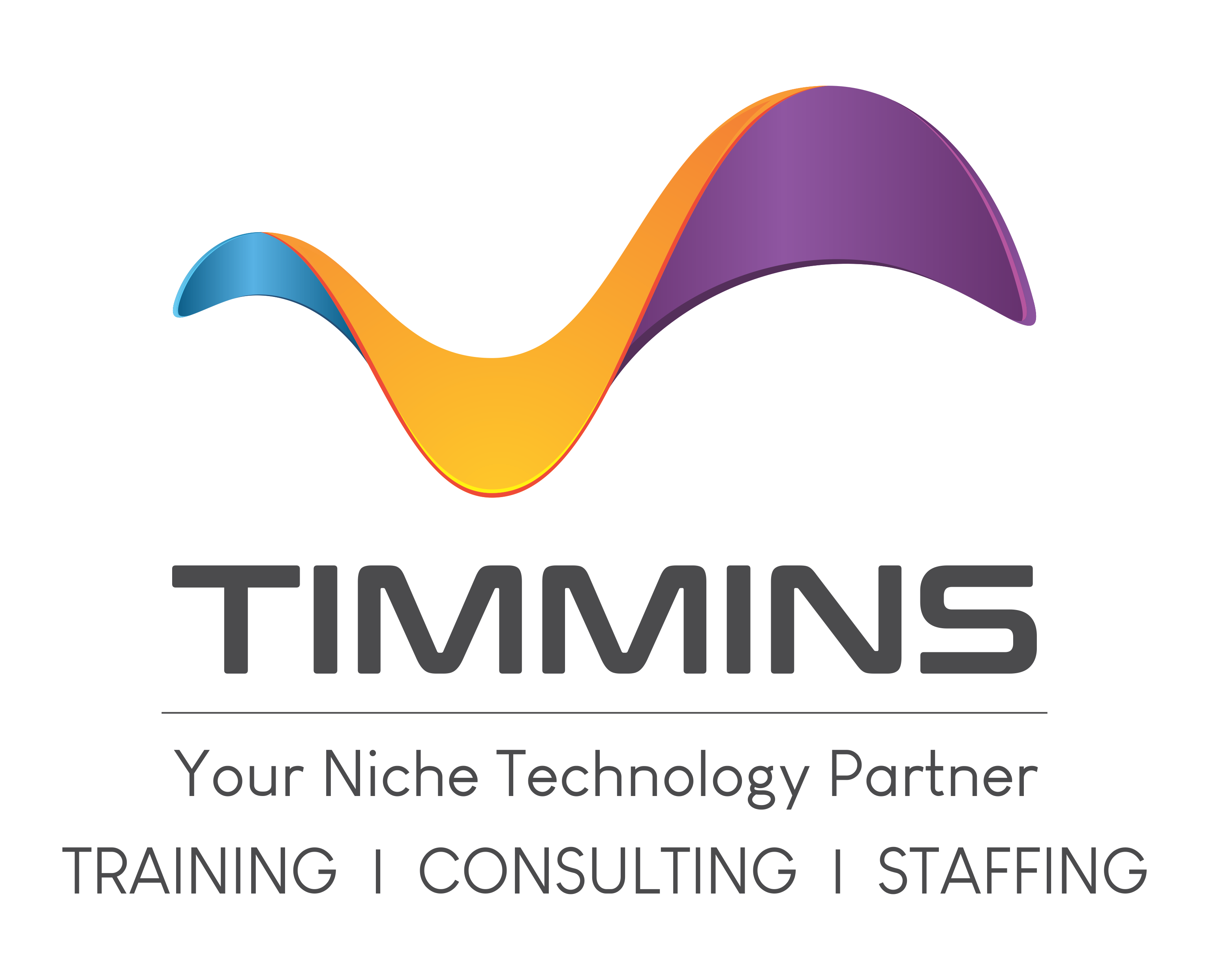
Course Content
Section outline
-
Session 1: Introduction to Operating Systems
- What is an OS?
- Why do we need an OS?
- Core tasks performed by an OS
- Types of OS & Selection Criteria
Session 2: Process Management
- Process Overview & States
- Process Control Block (PCB)
- Process Creation & Operations
- Waiting for Process Termination
- Zombie & Orphan Processes
Session 3: Hands-on Lab – Creating and Managing Processes in Linux
Session 4: Case Study & Discussion (3:00 PM – 4:30 PM)
-
Session 5: Task Management
- Task Lifecycle
- Creating & Deleting Tasks
- Idle Tasks & Hooks
- Analyzing CPU Utilization (MIPS) for a Task
Session 6: Context Switching
- Task Context & Context Switching
- Flow of Context Switching Between Tasks & Interrupts
Session 7: Hands-on Lab – Implementing Task Scheduling & Context Switching
Session 8: Debugging & Performance Optimization
-
Session 9: Scheduler & Scheduling Policies
- Preemptive & Non-Preemptive Scheduling
- Round-Robin & Priority-Based Scheduling
- Deadline Monotonic & Rate Monotonic Scheduling
Session 10: Memory Management
- Memory Allocation & Management in Linux & FreeRTOS
- Memory Layout of a Program: Code, Data, Stack, Heap Segments
- Cache Management & Performance Considerations
Session 11: Hands-on Lab – Memory Analysis in Linux & FreeRTOS
Session 12: Case Study – Optimizing Memory for Real-World Applications
-
Session 13: Concurrency Management
- Atomic Operations & Synchronization Techniques
- Mutexes & Semaphores
- Deadlocks, Livelocks, and Starvation
Session 14: Inter-task Communication (ITC)
- Events, Mailboxes, Queues, and Task Notifications
- Waiting & Waking up Tasks Efficiently
Session 15: Hands-on Lab – Implementing Concurrency Control & ITC
Session 16: Debugging Deadlocks & Synchronization Issues
-
Session 17: Inter-Process Communication (IPC)
- Pipes & FIFOs
- Message Queues & Shared Memory
- Process Semaphores
Session 18: Choosing the Right IPC Mechanism
- Comparison of IPC Techniques for Different Use Cases
Session 19: Hands-on Lab – Implementing IPC in Linux
Session 20: Final Project & Certification
- Participants build a multitasking application with IPC & Synchronization
